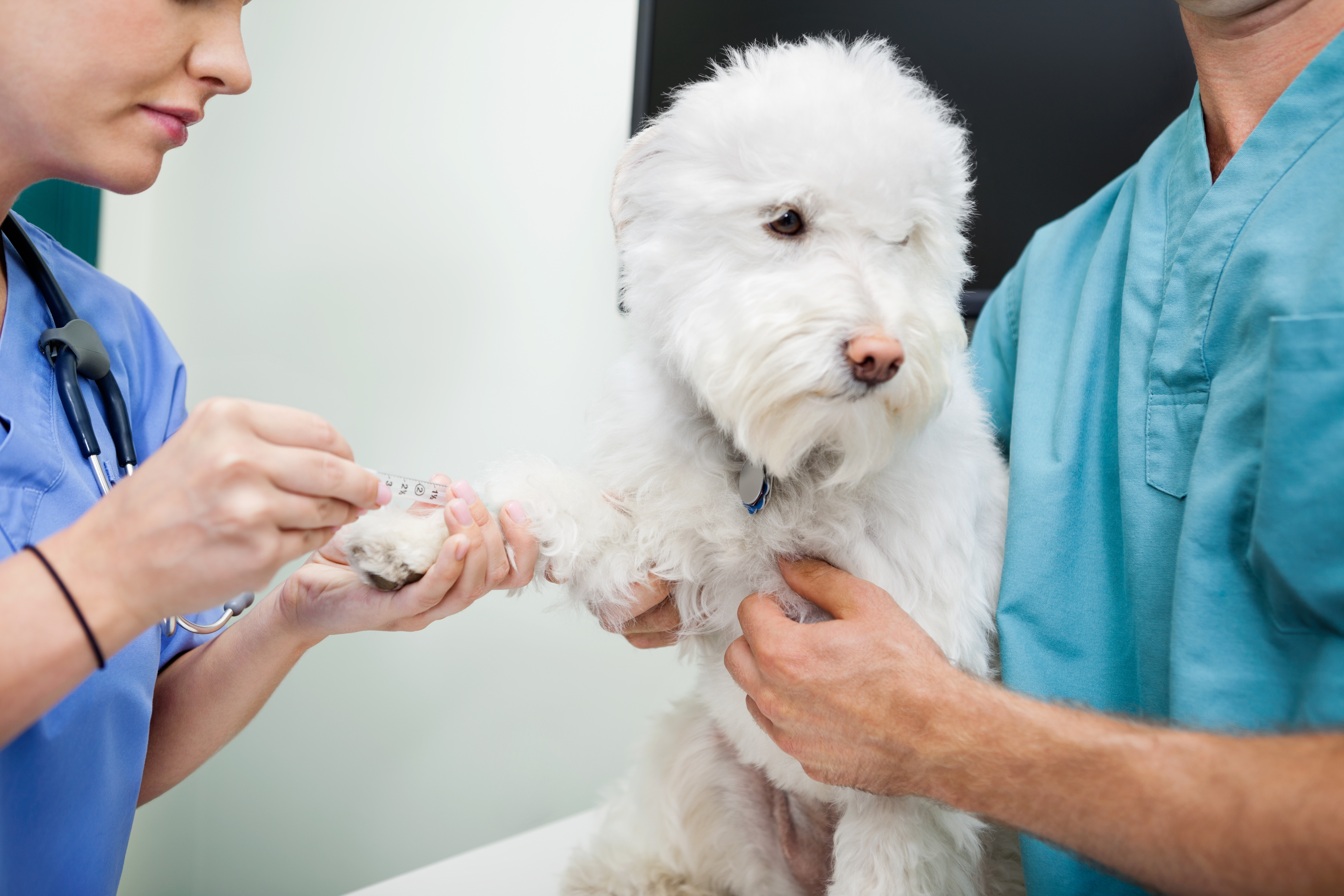
Why does my veterinarian recommend lab work?
Your veterinarian may recommend early detection lab work even at the young age of 2 or 3 years old. Early detection lab work usually includes a blood test and may also include a urine test. The collection of these test often takes less than 10 minutes, and will not have any effect on your pet. These may be the same types of tests that are ordered when your pet is not feeling well. However, running early detection lab work allows us to detect disease before your pet is symptomatic, and also provides a baseline for what is normal for your pet to compare to for future lab work. If we are able to detect diseases early such as kidney or liver disease, this can allow early treatment / interventions, and allow for a more favorable prognosis long term.
What is the lab work testing?
Blood work often includes a chemistry panel, complete blood count, a thyroid level and a urinalysis (urine analysis). The chemistry panel evaluates kidney enzymes, liver enzymes, pancreas enzymes, blood sugar (which screens for diabetes), electrolytes, and blood proteins. The complete blood count evaluates for anemia (low red blood counts), elevations or decreased white blood cell counts, and the platelet count (cell responsible for clotting). A thyroid level may also be a part of the blood test. A urinalysis evaluates for abnormal cells, infection, or excess amounts of protein.
It is ideal to run early detection lab work annually. Early detection lab work can allow your veterinarian to detect and treat problems months or even years before your pet is ever symptomatic!

Dr. Nicola Moore was born and raised in Silver Spring, MD. She received her DVM from the Virginia-Maryland College of Veterinary Medicine and completed a one-year rotating internship at Friendship before joining the team as a full-time staff doctor in 2009. Dr. Moore works in both our Primary Care and Emergency & Critical Care departments.
